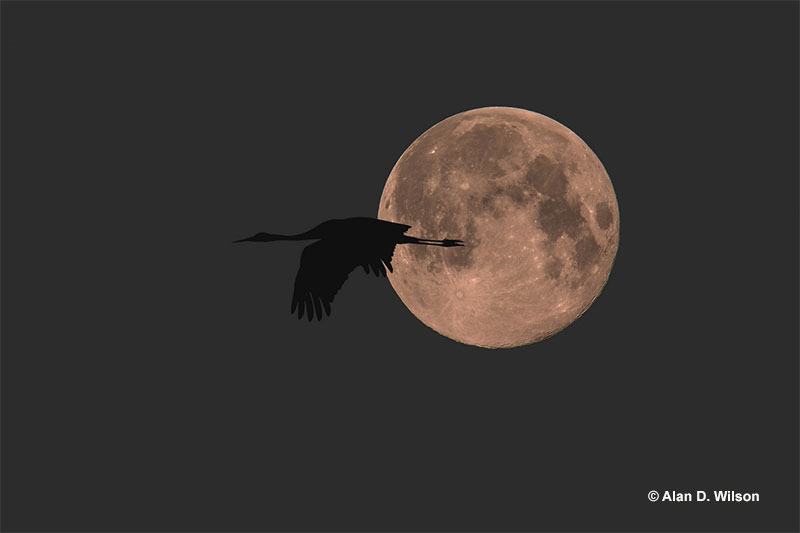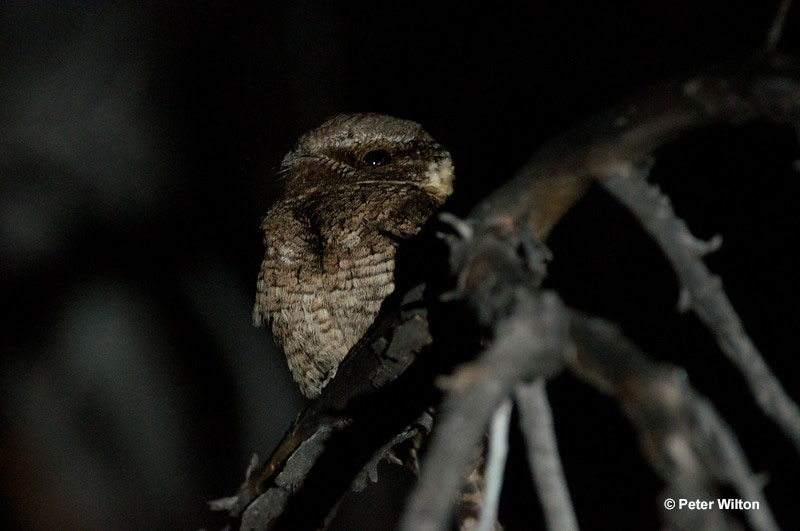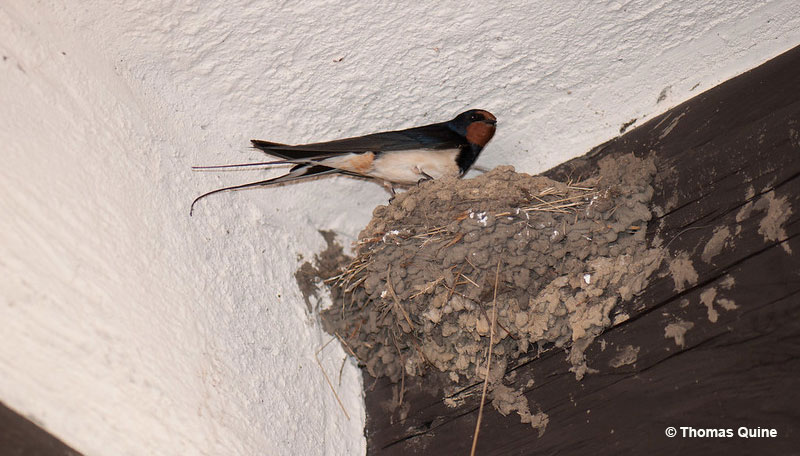
Why do birds chirp at night? Many of us associate birds chirping with relaxation and a beautiful sunrise. However, if you’ve been unfortunate enough to experience birds chirping all night long, you know that it can be everything but that.
Not many people know that birds chirp at night, so we suggest closing your windows at night, especially if your bedroom is right next to the garden. Birds chirping at night actually has a proper scientific term and definition. The chirps that birds make at night are called nocturnal vocalizations.
In this article, we want to share the main reasons why birds chirp at night so you can better understand this phenomenon.
On this page
Why do birds chirp during the night?
Birds chirp for a variety of reasons. Below you’ll find some of the main reasons why birds chirp at night so you can better understand this behavior. Let’s go over why birds chirp at night.
Attracting Mates
Male birds are usually the ones to chirp and sing songs during the nighttime. This always happens during the breeding season because males are looking for a mate.
However, it’s important to note that nighttime chirping and singing can happen outside of the breeding season for different reasons. The sounds that are produced can range from simple chirps to melodious songs.
Female birds tend to be more attracted to males that produce sounds that are the most pleasant and soulful. Night chirping and singing are at their highest during the spring season.
The spring season is when breeding happens for most birds. Nighttime chirping is common among all diurnal birds and nocturnal birds.
Danger
Another reason birds chirp at night is to warn fellow birds about dangers. Birds will sometimes shift their places during the night, making them feel uncomfortable and fearful of their surroundings. Additionally, during migration, birds will travel under the cover of night. Dinural birds are at higher risk during the night because they can’t see as well.

© Peter Wilton
For example, if a bird hears any loud and unusual sounds around where they are resting or senses a predator approaching their nest, they’ll chirp loudly and make noises to warn other birds of the threat.
Additionally, it’s theorized that these chirps call to mobbing birds, including crows, jays, kingbirds, grackles, blackbirds, titmice, and chickadees, so they can mob the predator and scare it off.
On top of that, once one chirping bird sounds off, fellow birds will chirp in response. This increases the volume of the noise, which can scare some predators off.
Owls, like Barred Owls and Eastern Screech Owls, are completely nocturnal, so their calls and sounds are common at night too.
The Great Potoo, also known as the Ghost Bird, mainly communicates at night. Their calls sound haunting, hence the name!
Finding the Flock
During migration, birds often travel at night. They do this for various reasons: there are fewer predators, they’re less likely to overheat, and it’s theorized that the moon and stars help birds chart their course.
While there are several benefits to songbirds migrating at night, it can be a hazard for them because it’s harder for them to see. It’s not uncommon for birds to get separated from their flock when flying at night.
To keep the flock together, whether it be to help lost birds find their way back or keep everyone safe, the birds chirp as they fly through the night.
On top of that, as these birds travel into different areas, they produce these flight calls so other birds who need to join the migration can know when the flock has arrived flock.
When migratory birds chirp, it’s usually very loud. This is because their call must be heard from a distance away.
Disorientation
Another reason why birds chirp during the night is because of disorientation. Just like humans, light can disrupt birds sleeping patterns and affect their ability and how they function throughout the day, disorienting them. The birds mistake the lighting for sunlight, which makes them think it’s daytime.
Light pollution makes birds chirp at night because their patterns and behaviors have been disrupted.
Urban areas play the biggest part in this because this is where artificial lighting, like street lights, and building like skyscrapers are located.
On top of light pollution, we also have noise pollution. There are many loud noises during the day, including car horns, construction, lawnmowers, concerts, etc. Later in the night, birds find the lack of artificial noise to be more convenient and peaceful to chirp away.
Song Practice
Birds will chirp at night because they’re practicing their song. Even though birds are naturally able to make melodious and pleasing sounds, they’ll still practice to get better. For example, Northern Mockingbirds can be quite vocal at night!
This skill is crucial because they use chirps and songs to communicate with one another; for example, stand-out songs and calls are one of the main ways birds attract a mate.
It also helps birds seek help in danger, communicate with birds in nearby nests, and claim territories. Most of the time, birds that are practicing their song are younger and will imitate their parents.
Food
Just like us humans, birds get excited when they see food. It’s understandable because they have a much tougher time finding food. Believe it or not, birds react excitedly and even make noises when they find food! However, it’s important to note that while they chirp because they’ve found food out of excitement, they’ll also do it for other reasons that we’ll go over below.
While most birds don’t feed at night, there are some species of birds that feed during the night.
Birds that do feed at night will also chirp when they find food to let other birds know about the new food source. They do this not only to let others know there’s food but also if there are multiple of the same bird at a food source, they’re less likely to experience quarrels with other bird species.
Baby Birds
Human babies and baby birds are very similar in the sense that they both require intense protection and care from their parents. Baby birds are not able to survive on their own until they reach a certain age. During this time, they need continuous supervision and protection from their parents.

Baby birds will chirp both during the day and at night if their parents leave the nest; they do this because they’re seeking protection and help.
Additionally, baby birds will mimic their parents’ sounds because they’re practicing the important skills that will help them survive later in life. So, whenever hatchlings need something, they’ll chirp. This could be because they’re hungry, sick, alone, or scared.
Which birds chirp at night?
Some of the most common birds that chirp and sing at night include:
- Northern Mockingbird
- Common Loon
- Eastern Screech Owl
- Barred Owl
- Eastern Whip-poor-will
- American Robin
- Yellow-breasted Chat
- Common Poorwill
- Great Potoo
- Upland Sandpiper
Frequently Asked Questions
What does it mean when you hear birds chirping at night?
Hearing birds at night can mean a variety of things. Birds chirp at night because there’s danger, they’re trying to attract a mate, they’ve found food, baby birds need something, they need to find their flock, they’re disoriented, and simply because they’re practicing their song.
Why do birds chirp so much?
Birds chirp so much because that’s how they communicate with one another. They convey what they’re feeling, seeing, and hearing to other birds by chirping.
Is it good to hear birds chirping?
In some cultures, hearing birds chirping does mean good things. Hearing chirping is said to be a sign of joy and happiness.
Are birds happy when they chirp?
If a bird is chirping, it doesn’t always mean they’re happy. While birds do chirp when they’re happy or excited, they’ll also chirp when they sense danger or when they’re lonely.

